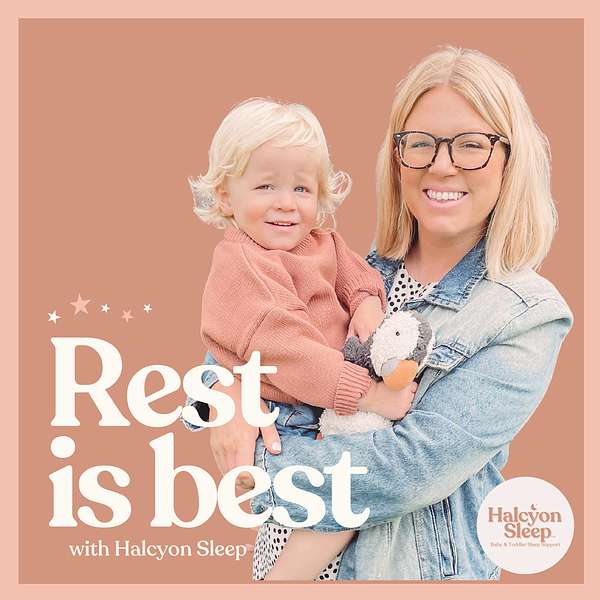
Rest is Best
Rest is Best
Attachment Theory & Motherhood - An interview with Dr. Kim Hamilton
In today's episode I explore attachment theory and motherhood with Dr. Kim Hamilton, a psychotherapist from Darlington. We discuss some of the pressures that mothers feel, how children develop secure attachments and the role that their primary caregiver has in setting them up for a healthy and happy life through love, consistency and responding to their needs. I also share a bit of my own story with a mother who wasn't present and explain the difference between Attachment Theory and 'Attachment Parenting'. I debunk the myth and reassure you that if you need support with your child's sleep and that involves sleep coaching, you will not be damaging their ability to become securely attached.
In light of Parental Mental Health Day on Jan 27th 2022, I wanted to highlight some support networks available to you. Being a parent can be overwhelming. Particularly in 2020/21 where your resources and support network have been restricted. It is so important that you seek help when you need it and sometimes that goes outside the realm of your friend, family or a sleep consultant.
There are many different options for support in the UK & Australia & if you feel like you can’t mange or you just want someone to talk to, there are people who can help.
UK
PHONE SUPPORT:
Mind Infoline: 0300 123 3393
Shout: Text: 85258
Samaritans: 116 123
Familyline: 0808 802 6666
INTERNET SUPPORT: https://www.mentalhealth.org.uk/
https://hubofhope.co.uk
https://path-perinatal.eu
https://maternalmentalhealthalliance.org
https://www.themotherhoodgroup.com
Australia
PHONE SUPPORT: Perinatal Anxiety & Depression Australia (PANDA) Helpline: 1300 726 306
Parent Line: 1300 30 1300
Maternal & Child Health Line: 132 229
INTERNET SUPPORT: https://www.beyondblue.org.au
https://www.blackdoginstitute.org.au
https://www.mumspace.com.au/about- mumspace/
http://www.copmi.net.au/
https://gidgetfoundation.org.au
Disclaimer: This podcast includes advice and information relating to the care of infants. It is not intended as a substitute for medical advice and should only be used to supplement rather than replace advice given by your child's pediatrician. Always turn to your child's medical provider with any of your questions or concerns.